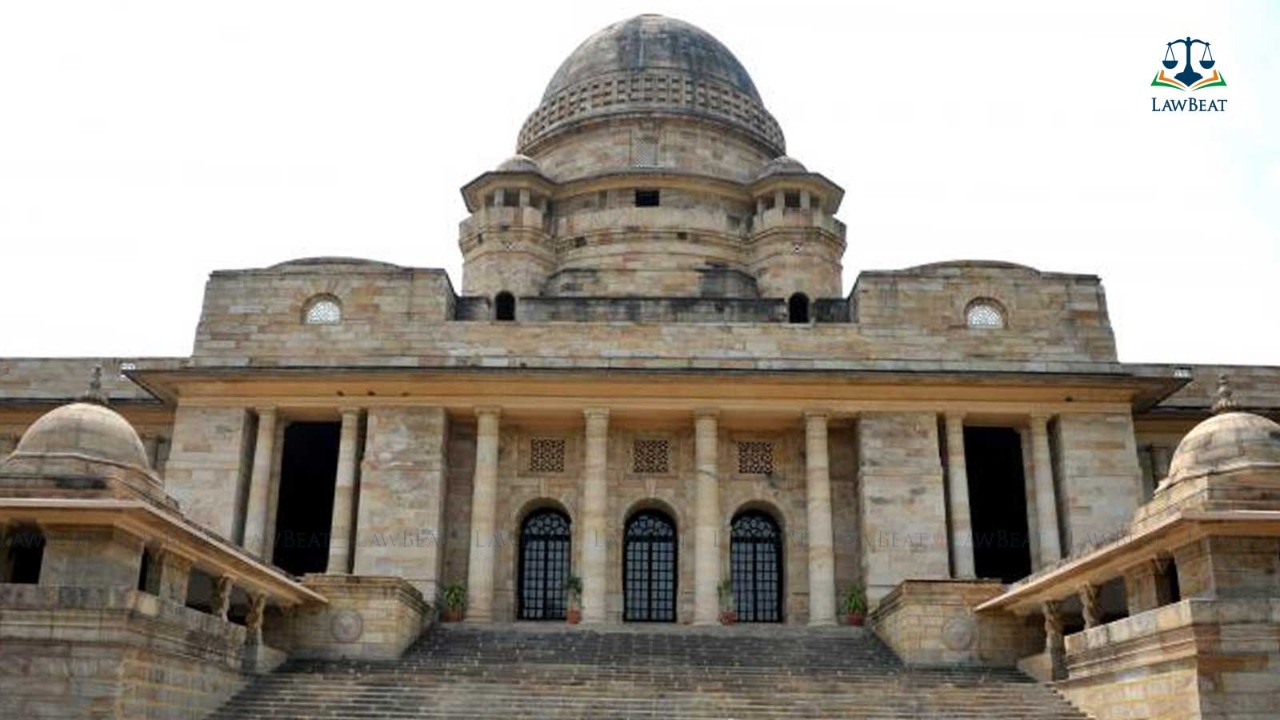Bombay High Court Acquits DU Professor Gokarakonda Naga Saibaba and 5 others Convicted Under UAPA

The High Court after taking note of the absence of sanction and the proceedings that were taken up by the session's judge, acquitted the appellants who allegedly had Maoist links.
The Nagpur Bench of Bombay High Court comprising Justice Rohit Deo and Justice Anil Pansare has acquitted Gokarakonda Naga Saibaba and five others, who were convicted by the trial court under UAPA and were sentenced to life imprisonment.
The appellants were convicted for their alleged Maoist links and for waging war against the country. Thus were charged under the Unlawful Activities Prevention Act. Out of the 6 accused, one accused died while the appeal was pending.
The court acquitted all 6 convicts on the ground that the sessions judge had framed charges against the appellants and examined the first witness in the absence of sanction. The court noted that "The preponderance school of thought is that invalidity or absence of sanction strikes at the very root of the jurisdiction of the the court, if the Court is precluded from taking cognizance without the the previous sanction envisaged under the statute. The jurisprudential logic is that in the absence of a valid sanction, the Court is not empowered to take cognizance of the offence, and the proceedings would be void and 'no proceedings in the eyes of law'".
The court while allowing the appeal, acquitted the convicts, and noted that:
"The Siren Song that the end justifies the means, and that the procedural safeguards are subservient to the overwhelming The to ensure that the accused is prosecuted and punished, must be muzzled by the voice of Rule of Law. Any aberration shall only be counter productive, since empirical evidence suggests that departure from the due process of law fosters an ecosystem in which terrorism burgeons and provides fodder to vested interests whose singular agenda is to propagate false narratives".
It was the case of the prosecution that the appellants had links with the CPI Maoist and its frontal organisation Revolutionary Democratic Front (RDF). It was also alleged that appellants were abetting and assisting the hardcore underground cadre of the CPI (Maoist) by providing information and material and facilitating the travel and relocation of the members from one location to the other.
Case Title: Mahesh Kariman Tirki & ors. vs. State of Maharashtra
